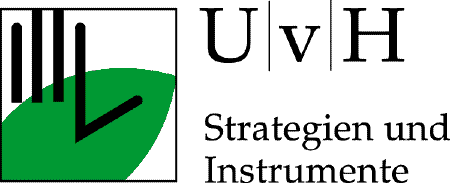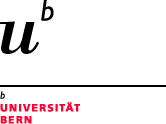Interfakultäre Koordinationsstelle für Allgemeine Ökologie (IKAÖ) |

Forschung

Sustainability between efficiency and sufficiency
Ursula Mauch, Chemikerin HTL
Thomas von Stokar, dipl. geogr.
Nicole North, dipl. geogr.

|
"By an integrated analysis of governmental environmental instruments, voluntary agreements and grass-root level actions we would like to develop new approaches for the future environmental policy." Ursula Mauch |
Puropose
A consensus in environmental science has been reached that sustainability can only be achieved by a combination of approaches that increase „eco-efficiency" (e.g. low or zero emission cars) and „sufficiency" approaches that support voluntary agreements and also reduce consumption of resources (e.g. car sharing or complete renunciation). This project does not favour one or the other kind of approach. It moreover examines if and how new strategies can be developed and impediments for sustainable action can be removed by optimally combining governmental environmental instruments, voluntary agreements, grass-root level actions and a change of values held in the Swiss economy and society towards sustainable development.
This project should provide answers to the important questions of effectiveness, interaction and synergies of different approaches towards sustainable development and develop a sound scientific basis for the creation of an effective future environmental policy.
Questions
- How can the effects of governmental incentive instruments ("top-down"), grass-root level actions and voluntary agreements ("bottom-up") leading to sustainable development be measured? What is the quantitative and qualitative contribution of these effects in view of a sustainable Switzerland?
- Which combination and which timing of environmental instruments, action programmes and voluntary agreements will lead to the best possible ecological effectiveness and economic efficiency?
- How can the effects and potentials of governmental incentive instruments and individual change of values be amplified and how can synergies be achieved?
Methods
The analysis of the mentioned interdependencies will be executed on the basis of case studies in the fields of energy/CO2 and traffic with selected actors and action groups. The subject of analysis is the behaviour of selected enterprises and households with regard to energy and mobility, who aim at an environmentally responsible behaviour within the frame of voluntary agreements and grass-root level groups (GAP, Solar power market, car sharing and voluntary industry agreements).
Different, complementary methods will be applied, such as literature analysis, interviews, experts polls, forum discussions, sensitivity analysis, statistical analysis as well as scenario technique.
Ursula Mauch
Thomas von Stokar
Nicole North
INFRAS Forschung, Wirtschafts- und Umweltberatung
![]()
